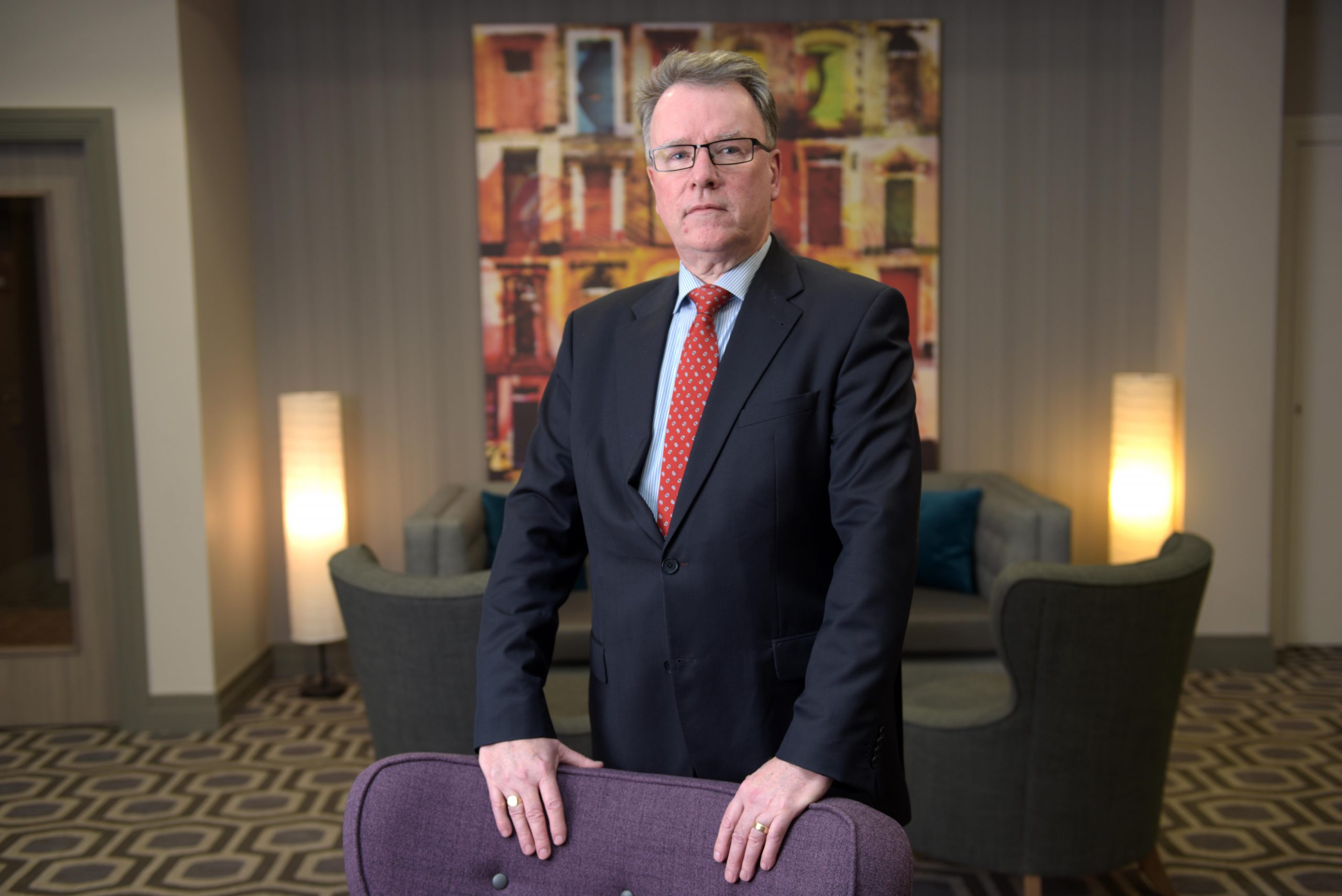After two hours, the conversation is careening towards its natural conclusion; there is always an arc in an interview when questions become longer and answers shorter. Pat McCann is nursing a slight cough and has just flown back from three weeks of investor briefings. Yet, it does not prevent him from talking at length about Dalata’s evolution into the biggest beast in the Irish hotel market, through rapid acquisition and a stock market flotation. He has talked about future growth strategy, the wider economy and his yearning to export Dalata to the continent. Throughout it all, McCann, founder and chief…
Cancel at any time. Are you already a member? Log in here.
Want to continue reading?
Introductory offer: Sign up today and pay €200 for an annual membership, a saving of €50.

